Podcast: Play in new window | Download
Induction system couplings and clamps. They are often overlooked… until they become an issue!
But why let it go that long? Why risk having a problem somewhere away from home, where there might be limited tools and any necessary help. It’s much better to do a little preventive maintenance on your airplane’s induction system, to guard against any unwelcome surprises.
Listen to today’s episode to hear about some stories about airplanes that had induction system issues that became challenging to figure out what was going on, including a recent one with Bret Chilcott and his 1947 Stinson. Find out how Bret discovered the real problem during a Facetime call we had a few weeks ago. Good eye Bret!
It’s a good idea to tighten induction coupling clamps at the annual inspection. The following coupling is on a Continental turbocharged engine with the induction system on the top.
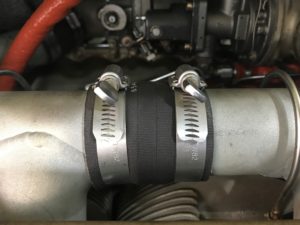 It’s actually on this Cessna 337 that we did some work on awhile back at Classic Aviation.
It’s actually on this Cessna 337 that we did some work on awhile back at Classic Aviation.
The following Lycoming induction coupling clamps can be tightened with a straight blade screwdriver, or a 5/16 wrench or socket.
It’s also a good idea to check the torque on the induction flange bolts. Induction leaks can be a minor nuisance, until something falls apart… then they become a major nuisance.
Take a look at your induction system, or have your A&P take a look, to make sure you don’t have any issues. You just might prevent a really frustrating situation, (or a dangerous situation,) someday.
Check back next week, for a special episode featuring a conversation with my very good friend, Brian Holmes! You can look for that one next Thursday, Thanksgiving Day!
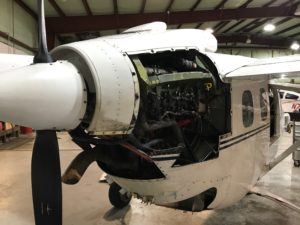
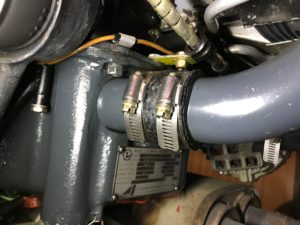
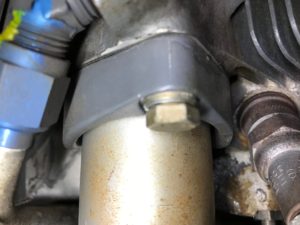
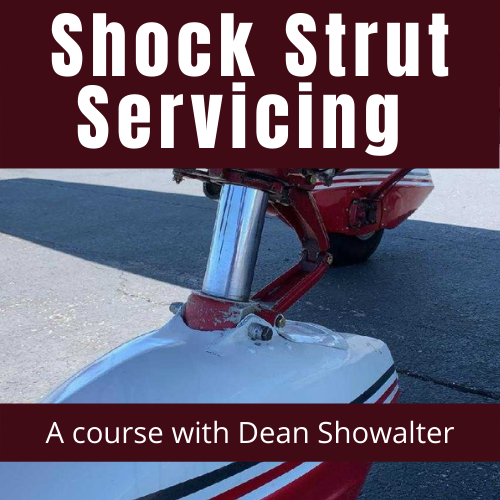
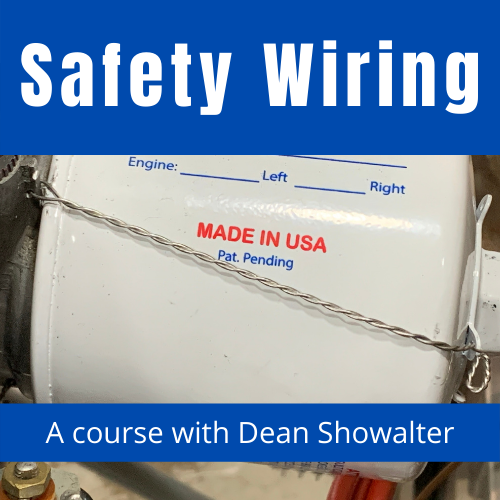
Dean, I acknowledge I’m not up on latest GA / owner maintenance regs. But Isn’t it true that only lubricants approved by the engine manufacturer can be used on their engines? So, wouldn’t Phillips anti-whatever supplement oil (show 075, 03:03) would need to be an approved lubricant, or at least qualified by the engine manufacturer? It’s not enough to be “compatible with” other Phillips products – that’s just marketing techno-babble.
Maybe you could elaborate on what is vs. what isn’t allowed for owners. I remember old stories of owners using unapproved lubes that freeze at altitude.
thanks,
Thanks for the comment Ted,
That’s a great question. I don’t know the answer, and I don’t have time to research it right now. I’d suggest taking a look at the Phillips oil website to see if they have any further information.